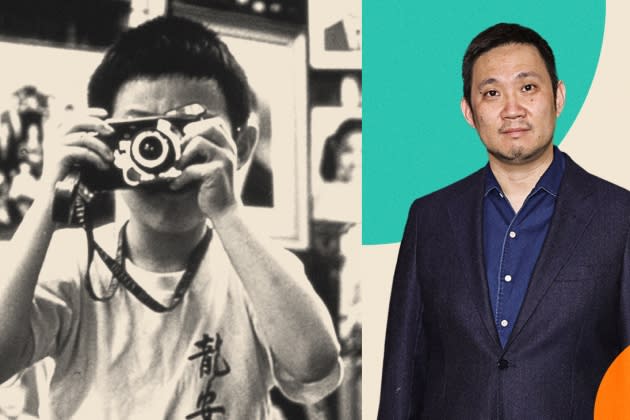Oscar Winner Ryusuke Hamaguchi Responds to Edward Yang’s ‘Yi Yi’ Topping THR’s List of Best Films of the 21st Century So Far: “An Unsung Masterpiece”

To the surprise of some and the delight of many, the late Taiwanese director Edward Yang’s drama Yi Yi (2000) has topped the The Hollywood Reporter critics’ list of the “Best 50 Films of the 21st Century (So Far).” Helping put the film in context, Japanese director Ryusuke Hamaguchi, 44, whose 2021 film Drive My Car won the best international film Oscar (and also lands at #19 on THR‘s list), offers a personal statement on what Yang’s masterpiece has meant to him and a generation of Asian filmmakers.
Urban life in Asia, especially in the wake of World War II, has become markedly Westernized. For the post-war generation, to which Edward Yang and my parents belonged, the richness of material and spiritual gains that came from this process must have felt like a stroke of luck. But ultimately, the trauma of this historical rupture has also been passed down through the generations, from them to us, and to the next. What Yang alone taught me was how the contradictory sustenance and emotional drought observed in Asia’s urban lives and landscapes — which is to say, our lives and landscapes — could inspire an extremely powerful cinema. In this respect, the very existence of Yang and his films was like a revelation to me. I imagine it was similar for many other Asian filmmakers of the same generation.
More from The Hollywood Reporter
Italy's Far East Film Festival Unveils Expansive Selection for 25th Anniversary Edition
'Jeanne du Barry,' Starring Johnny Depp, to Open Cannes Film Festival
As Local Spending Mandate Looms, Netflix's Ted Sarandos Hosts Star-Studded Toronto Bash
In his framing, Yang always captured the mutual interaction between people and environment. To him, the automaticity of urban locations, Taipei in particular, served to demonstrate the process of alienation. This exploration undoubtedly peaked with A Brighter Summer Day (1991), where he perfectly depicts the world as a kind of automatic machine that only ends up crushing us. His subsequent creative path could be described as a struggle to escape from this hellish perfection.
He attempted to accomplish this by utilizing comedic elements in A Confucian Confusion (1994) and Mahjong (1996), but whether he succeeded here is probably up for individual interpretation. But no one can doubt that Yi Yi is another unsung Edward Yang masterpiece — and one that lands in a very different state of mind from A Brighter Summer Day.
He had devised a way out from despair, and it was very simple: entrust the future generations. With what? With hope. Trauma is not the only thing that gets passed on to the future. Yi Yi is another name for the hope that Edward Yang passed on to future audiences — that the world is still worth loving. — Ryusuke Hamaguchi
Best of The Hollywood Reporter

 Yahoo News
Yahoo News 